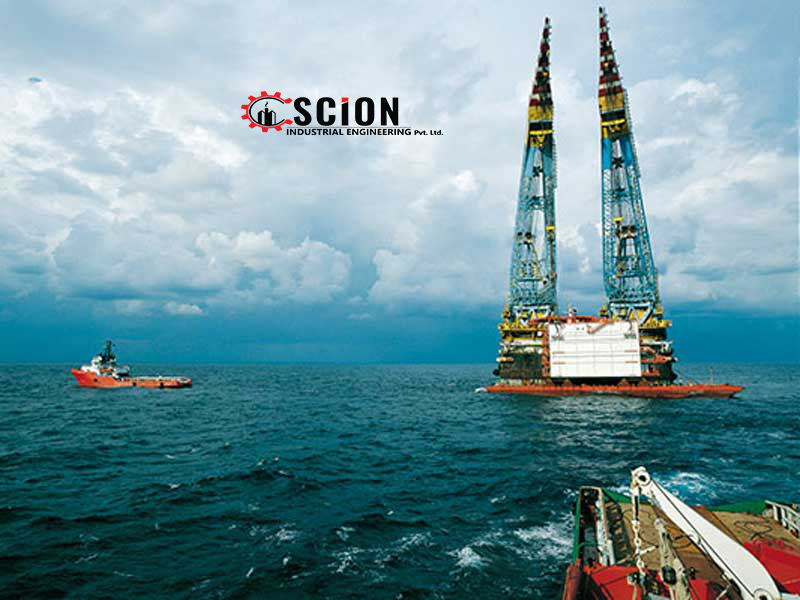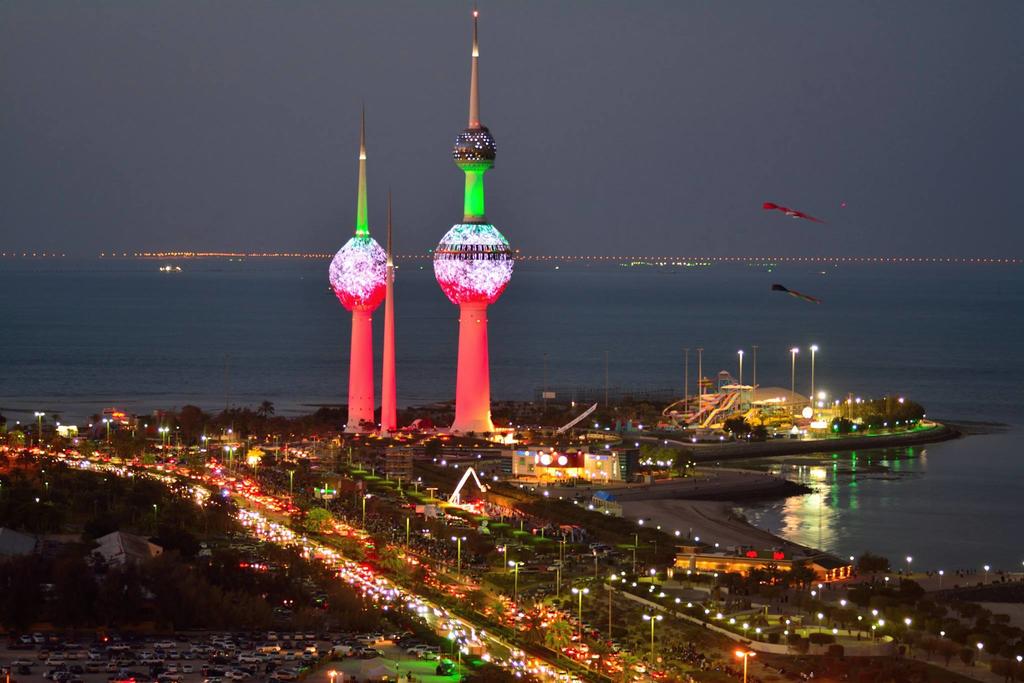Diamond Developers, in partnership with the Oman Tourism Development Company (OMRAN Group), has announced the launch of The Sustainable City – Yiti in Muscat, Oman.
With an investment value of nearly $1 billion, the city will be built over an area of 1 million square metres and will be developed within the phase one of the Yiti Integrated Tourism Development Masterplan.
With sustainable innovation at its heart, the project will feature 1,657 residential units including 300 eco-friendly and energy-efficient villas in car-free districts.
The city is designed to produce 100 percent of its energy requirements from renewables which include solar panels and biogas. It will also recycle all its water and waste and use it for irrigation.
The city also aims to grow its own food through productive farm areas and greenhouses and will adopt clean mobility solutions like autonomous shuttles and electric cars, and by deploying EV charging stations.
A sustainable school that will teach important concepts of sustainability through the school curriculum while the city will also feature a number of sports facilities which include jogging and cycling tracks, an equestrian club, and a horse track.
A four-star hotel with 197 rooms, a five-star resort with 170 rooms and a range of restaurants, numerous leisure facilities, and beachfront access will also be included while the resort will also manage 132 luxury serviced apartments.
Faris Saeed, chairman of Diamond Developers, the company behind Dubai Sustainable City, said: “The Sustainable City – Yiti is not only a benchmark for sustainable urban development, it is a working model for future cities. It is a thriving community made up of thousands of residents, visitors, students, researchers, and entrepreneurs.”
He added that the project, scheduled for completion in 2025, is expected to be one of the region’s most sustainable cities and, by adopting the latest solutions in energy production, vertical farming, humidity harvesting and autonomous transportation, it aims to be net zero carbon by 2040.
Mohammed Salim Al Busaidi, chairman of OMRAN Group, said: “Our partnership with Diamond Developers is a unique milestone in our journey as we continue to invest, develop, and maximise the limitless potential of Oman’s tourism sector.
“Yiti will open avenues for numerous lucrative investment opportunities for both local and international investors in line with the directions of Oman Investment Authority.”
Source:https://www.arabianbusiness.com/industries/construction/1bn-sustainable-city-project-to-be-built-in-muscat-set-for-2025-completion





